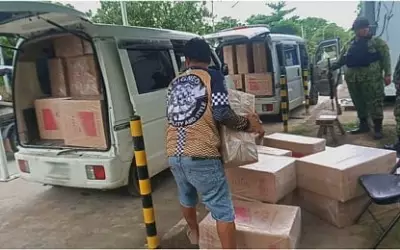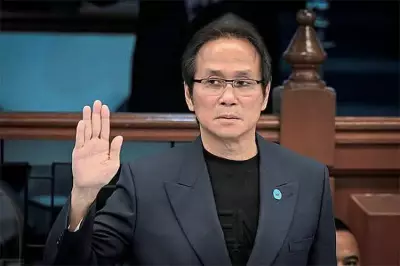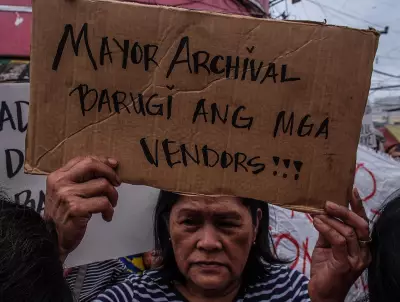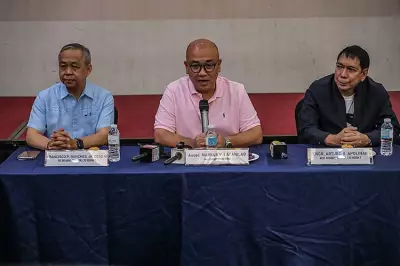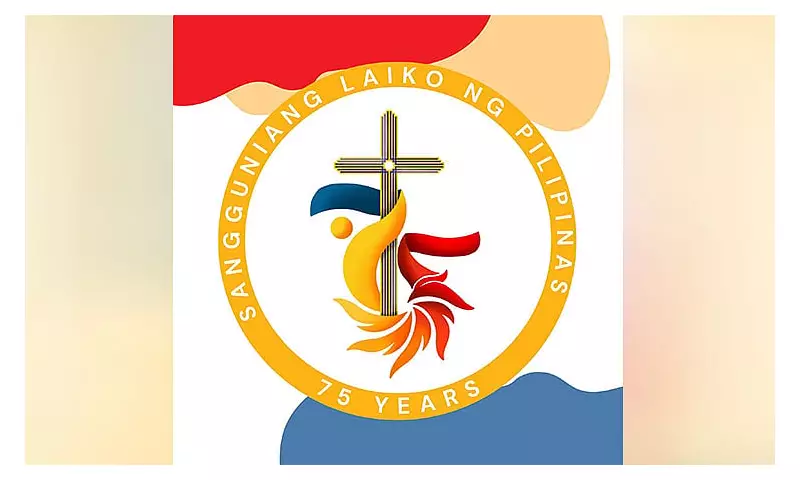
In a bold move that signals growing frustration among the faithful, the Council of the Laity of the Philippines (Laiko) has broken its silence with a powerful cry for justice. The influential Catholic lay organization is demanding immediate and concrete action against what it describes as a deepening 'culture of corruption' plaguing the nation.
The statement, titled 'A Call for Justice and Righteousness in Governance,' serves as both a spiritual appeal and a direct challenge to the country's leadership. Laiko leaders express profound concern that corruption has become so normalized it now threatens the very moral fabric of Philippine society.
A Spiritual and Moral Crisis
Beyond political rhetoric, Laiko frames corruption as a fundamental spiritual and moral crisis. The organization emphasizes that dishonest practices in government don't just steal public funds—they rob ordinary Filipinos of their dignity, hope, and future.
'We cannot remain silent while our people suffer,' the statement declares, highlighting how corruption disproportionately affects the most vulnerable members of society—the poor, the marginalized, and those without political connections.
Specific Demands for Concrete Action
The pastoral letter moves beyond general condemnation to outline clear expectations:
- Impartial and thorough investigation of all corruption allegations
- Swift prosecution of officials involved in graft and corrupt practices
- Strengthened transparency mechanisms in all government transactions
- Protection for whistleblowers who expose wrongdoing
- Genuine commitment to ethical governance from all public servants
A Call to Collective Action
Laiko isn't just pointing fingers at government officials. The organization also calls on ordinary citizens to reject corruption in their daily lives and hold leaders accountable through peaceful and lawful means.
'The fight against corruption begins with each one of us,' the statement reminds Filipinos, urging vigilance and active participation in governance rather than passive acceptance.
This significant intervention from the Catholic lay community comes at a critical moment, as the nation grapples with various corruption scandals. Laiko's strong stance signals that civil society organizations are prepared to take a more assertive role in demanding accountability and ethical leadership.

